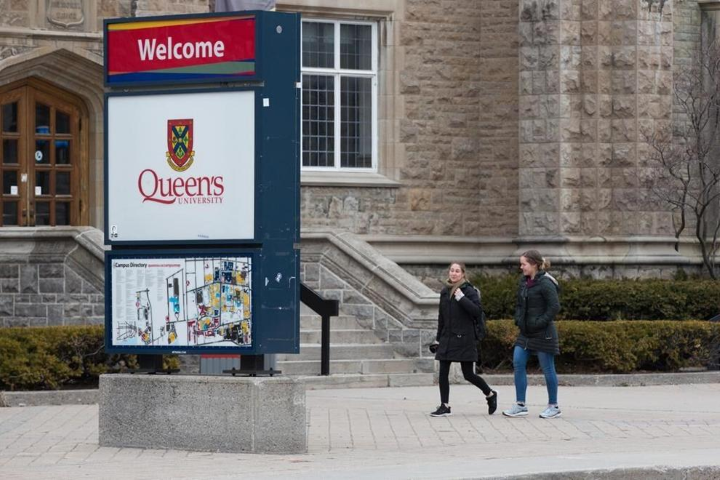
One of Canada's top medical schools says it is changing its admissions process, hoping to reduce "systemic barriers" facing low-income and diverse candidates seeking to become doctors. THE CANADIAN PRESS/Lars Hagberg
Queen's University's School of Medicine in Kingston, Ontario, is undergoing a significant change in its admissions process in an effort to address systemic barriers faced by low-income and diverse applicants aspiring to become doctors. The revamped process, set to be implemented for the 2025 admissions cycle starting this fall, includes a novel lottery system, marking a first in Canada.
The decision to overhaul the admissions process stems from the recognition that existing criteria, such as scores on the Medical College Admission Test (MCAT), the Casper situational judgment test, and grade point average (GPA), have inadvertently created barriers for certain candidates. These barriers are often exacerbated by inherent biases within standardized tests, resulting in disparities in applicant outcomes.
Under the new system, applicants who meet the standard thresholds for MCAT, Casper, and GPA will advance to the interview stage through an early-phase lottery selection process. This random selection aims to "level the playing field" by providing equal opportunities for all qualified candidates to progress in the admissions process. Dr. Jane Philpott, the dean of Queen's Health Sciences, emphasized the importance of this approach in ensuring that deserving candidates from diverse backgrounds have a fair chance at securing admission to medical school.
The implementation of the lottery system reflects Queen's University's commitment to fostering diversity and inclusivity within its medical school. By removing certain barriers inherent in the traditional admissions process, the university hopes to encourage applications from a wider range of candidates, regardless of their life stage or background. This shift aligns with the university's broader goal of promoting diversity within the health workforce, recognizing the importance of representation in healthcare delivery.
Dr. Eugenia Piliotis, an associate dean of Queen's undergraduate medical education program, highlighted the potential impact of increased diversity on healthcare equity. She emphasized the importance of having a healthcare workforce that reflects the diversity of the communities it serves, as this can contribute to improved health outcomes and patient satisfaction. By diversifying its student body, Queen's University aims to create a more inclusive learning environment that prepares future physicians to effectively address the needs of a diverse patient population.
In addition to implementing the lottery system, Queen's University is also taking proactive steps to address the underrepresentation of Black students in its medical school. As part of the revised admissions process, the university is creating a new Black student recruitment pathway to provide targeted support and resources to Black applicants. This initiative reflects the university's commitment to promoting equity and inclusion within its medical school and addressing systemic barriers that may disproportionately affect marginalized communities.
Overall, Queen's University's decision to overhaul its medical school admissions process represents a significant step towards fostering diversity and inclusivity within the medical profession. By adopting innovative approaches and targeted initiatives, the university aims to create a more equitable admissions process that reflects the diverse talent and experiences of aspiring medical students. Through these efforts, Queen's University seeks to build a healthcare workforce that is better equipped to address the needs of an increasingly diverse society.















